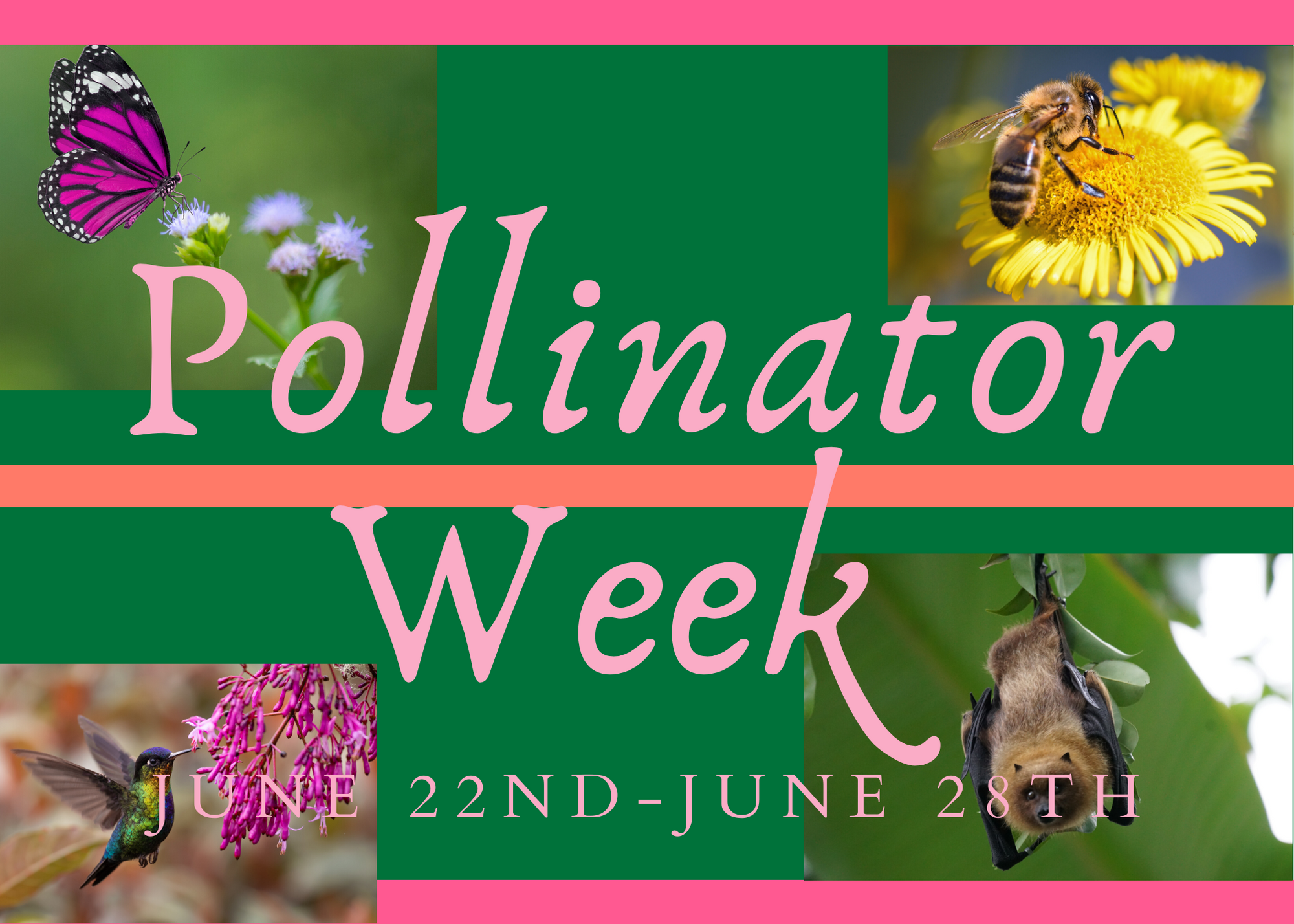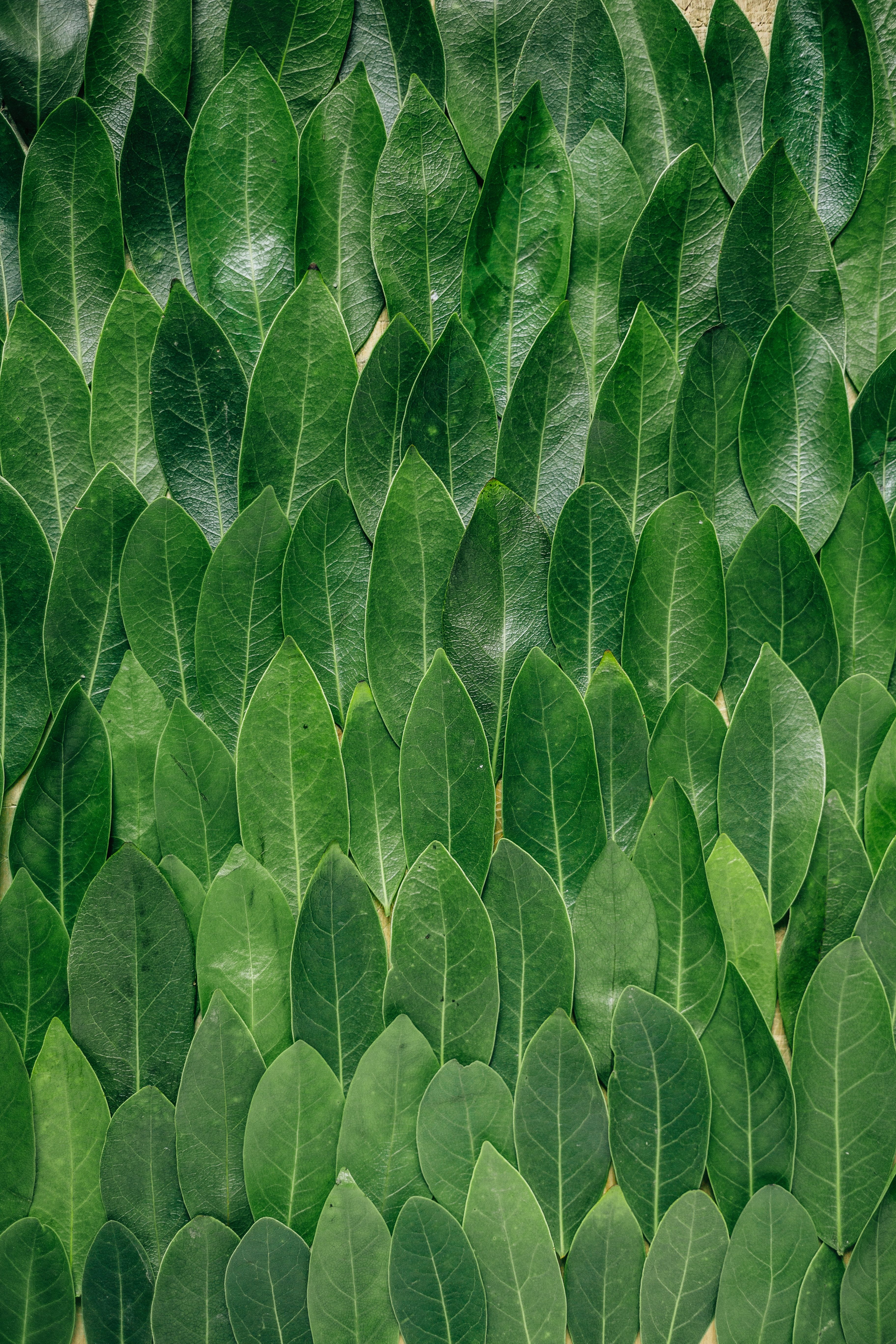
Saturdays with Shavara
Celebrating National Pollinator Week
So, What’s The Deal with Bees?
Welcome back to another majestic Saturday and thank you all for taking time out to spend part of your day with me! Most of you know that next week we will be celebrating National Pollinator Week. A week that thirteen years ago the U.S senate unanimously approved and designated to address the declining populations of pollinating creatures. Since inception of National Pollinator Week, the event has grown to be celebrated internationally. People from all over take the week to educate themselves and others about the value and the services of bees, birds, butterflies bats, beetles and other insects that serve as pollinators. I thought it only right that I dedicate this post to covering one of these special little creatures in honor of the upcoming week of celebration.
For me this time of year is a reminder of the important roles both big and small that each of us play in our environment. Specifically, I want to highlight the very big role that a small packaged insect makes on the biodiversity of our planet; that insect is the Bee.
Bees are responsible for pollinating roughly one-sixth of the flowering plant species worldwide and that equates to around 400 different types of plants. The service that Bees provide us equals out to around $19 billion worth of agricultural crops in the United States alone; which is one-third of EVERYTHING we eat. Who knew Bees were working that hard? … And to think what they could have charged us for their free labor! You may be wondering what pollination entails and why it matters to us and more importantly the thriving of biodiversity. Pollination is the transfer of pollen from the male part of the flower (the anther) to the (stigma), which is the female part of the flower. Once the two parts of the plant are combined BOOM a plants seed, nut or fruit is created. To make that definition as simple as possible pollination is essentially plant reproduction.
I really want to nail home the message of the importance of bees’, so bear with me as I throw a few more numbers at you. Roughly 30% of the world’s crops and 90% of all plants require cross pollination from bees’ and other pollinating animals to multiply and thrive. On a global scale those numbers break down to mean that ¾ of food crops require Bee pollination.
I have always been under a pretty simple-minded assumption that bees went around visiting flowers, making honey and on occasion stinging people, but there is so much that they are responsible for. Some examples of foods that would literally not exist are; broccoli, asparagus, cantaloupes, cucumbers, pumpkins, blueberries, watermelons, almonds, apples, cranberries, and cherries ...WHEW they seem to be living up to the nickname “Busy Bee.” Bees act as our number one pollinator protecting and maintaining ecosystems as well as plants and animals’ biodiversity as a result of their hard work. Their presence or lack thereof is also an indication of the health of the environment.
We also should not forget the delicious honey that’s created by Bees, but raise your figurative hand if you thought bees just made honey for the fun of it? OK great hopefully more than just little old me lacked knowledge behind the reason bees create honey. The honey found in a honeycomb is used for the Bees winter food supply, which means sometimes us greedy humans can actually be dipping into the food supply of the insect responsible for maintaining 11 popular food crops and the biodiversity in many regions of the world. This isn’t to say that any honey that we have access to is negatively impacting bee production, but there are cases where Beekeepers overtax their hives, provide poor nutrition and use pesticides that lead to honeybee colony collapse. A healthy colony produces a surplus of honey, which can be removed without overtaxing the colony. Many Beekeepers also utilize the beeswax, which otherwise would be discarded and is of no use to the Bees. By not wasting the surplus honey or beeswax, Beekeepers are actually acting in the reuse or repurpose “R of the three R’s.”
Having tackled the importance of Bees I want to leave you with some tips on how to support your local Honey Bees ability to thrive and do their job; plant bee friendly flowers and flowering herbs in your garden, avoid using chemicals and pesticides in your garden or in your lawn if applied while flowers are in bloom the pesticides actually make their way into the pollen and nectar, into the hive and then eventually into our food supply. Make an effort to buy local honey which indicates to the Beekeepers in your area that their Bees are necessary. The may be little, but their role is a big one it is in our best interest to support the hard-work that they are doing for our environment.
Shavara J.
References:
Onegreenplanet.org
Pthomeandgarden.com
Buzzaboutbees.net
Fao.org
Worldbeeday.org
Grist.org
Quora.com
Queenofthesun.com




